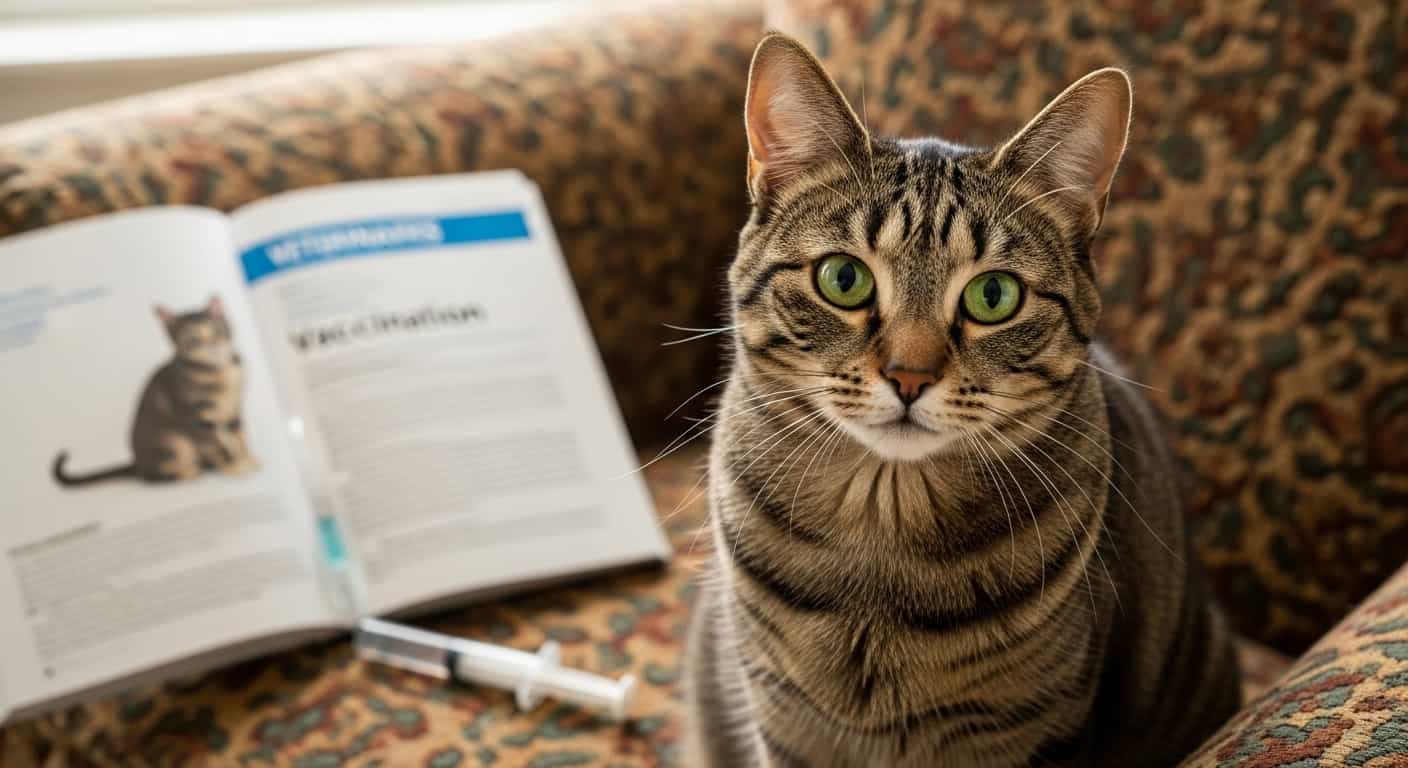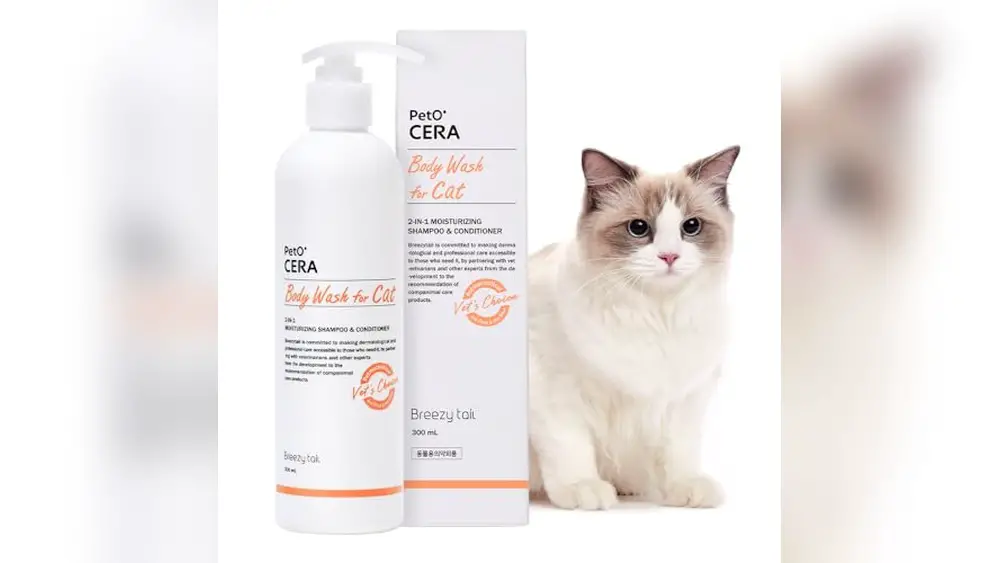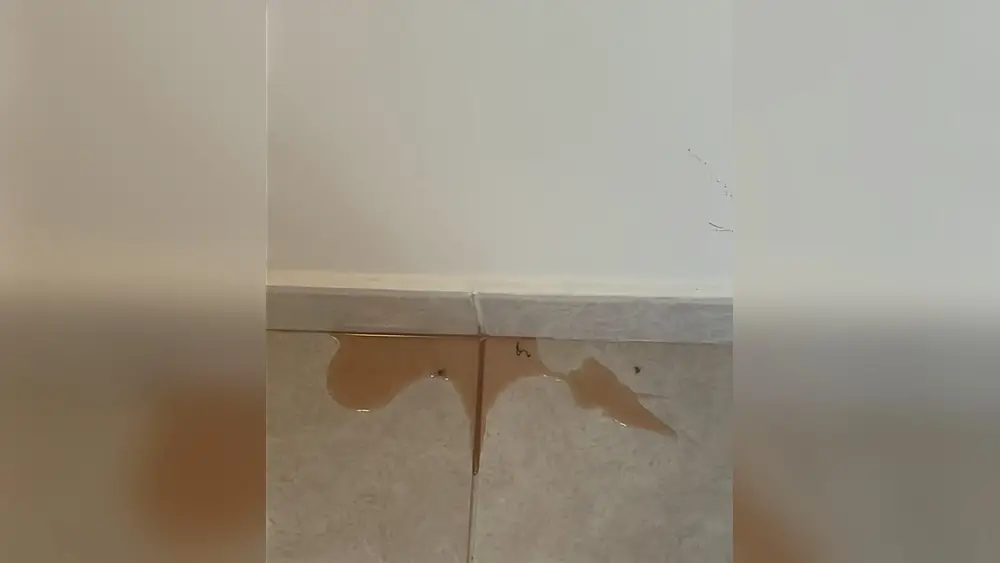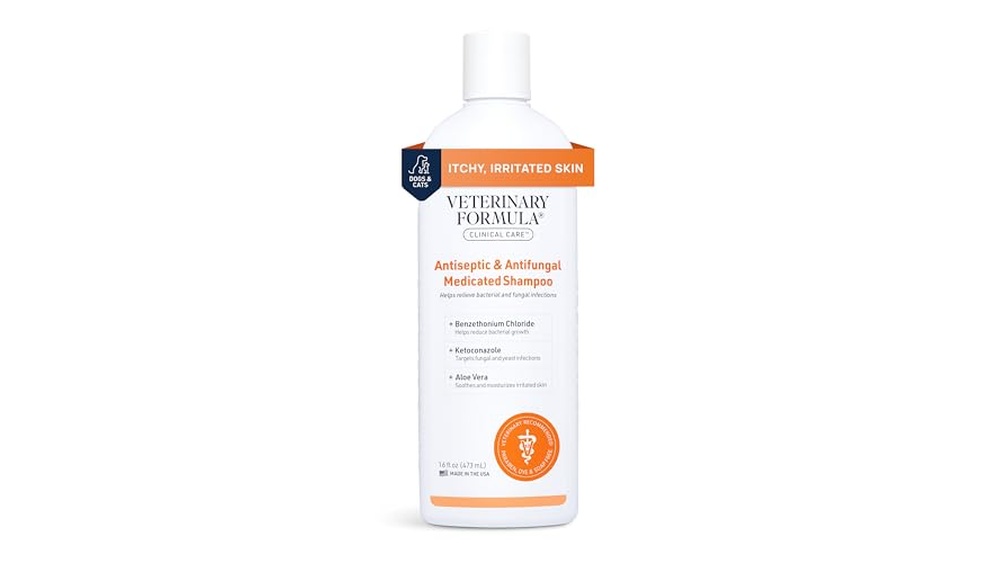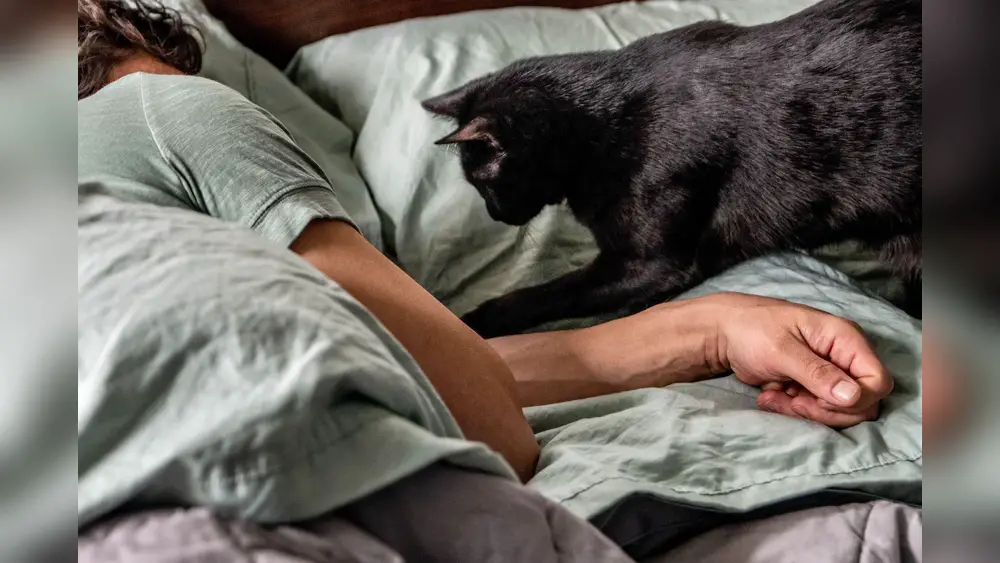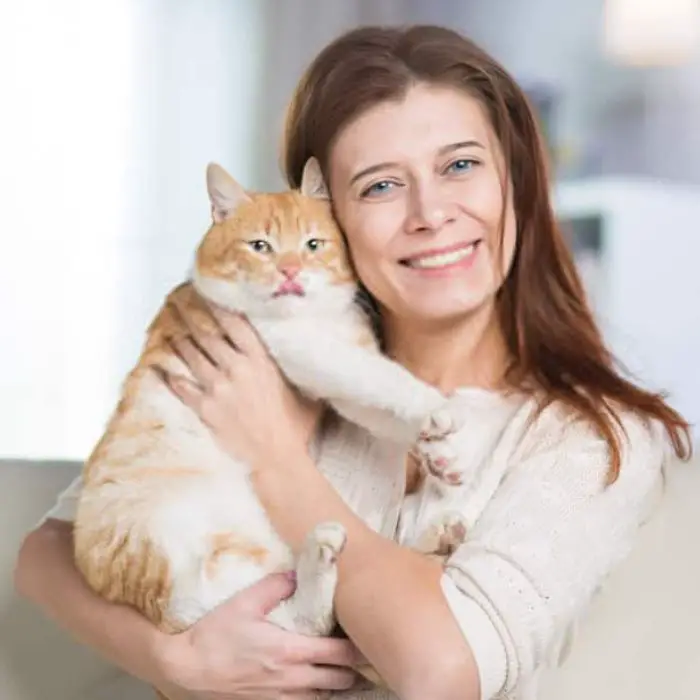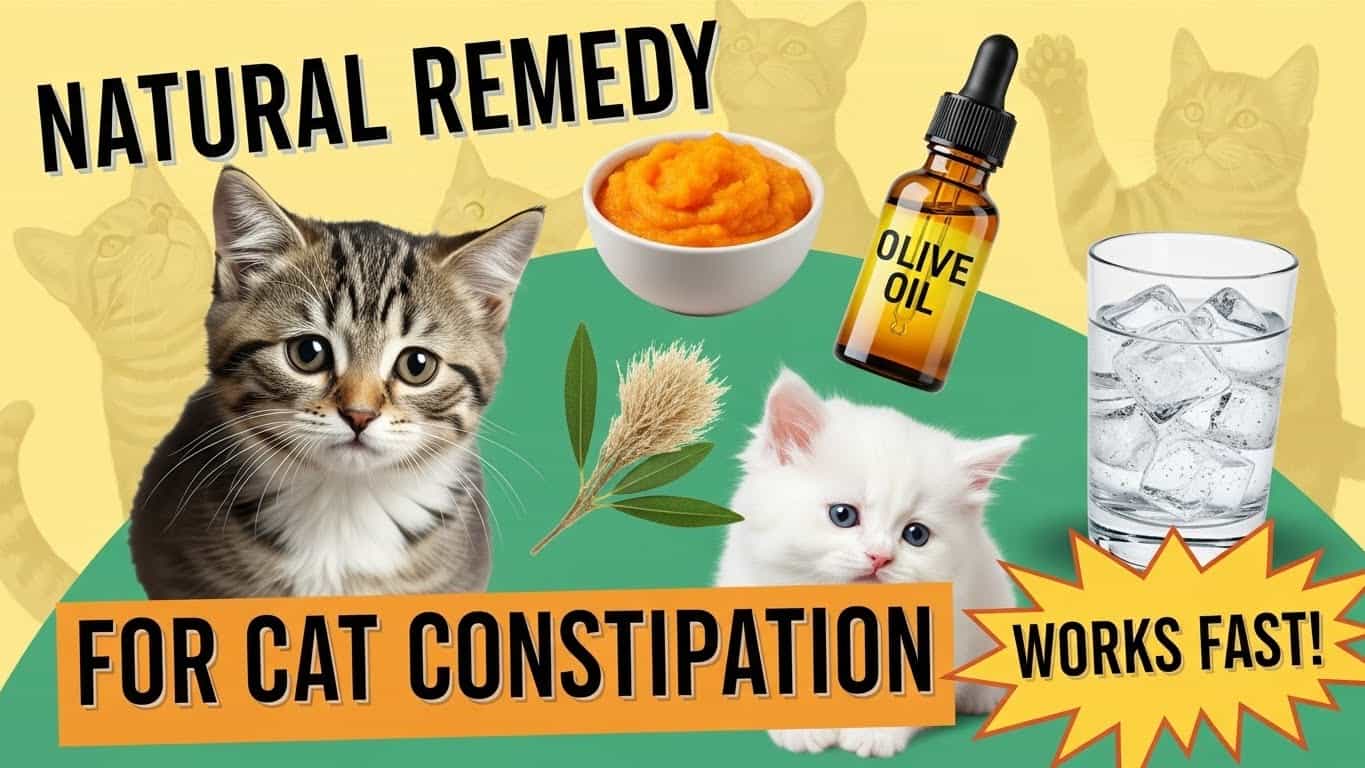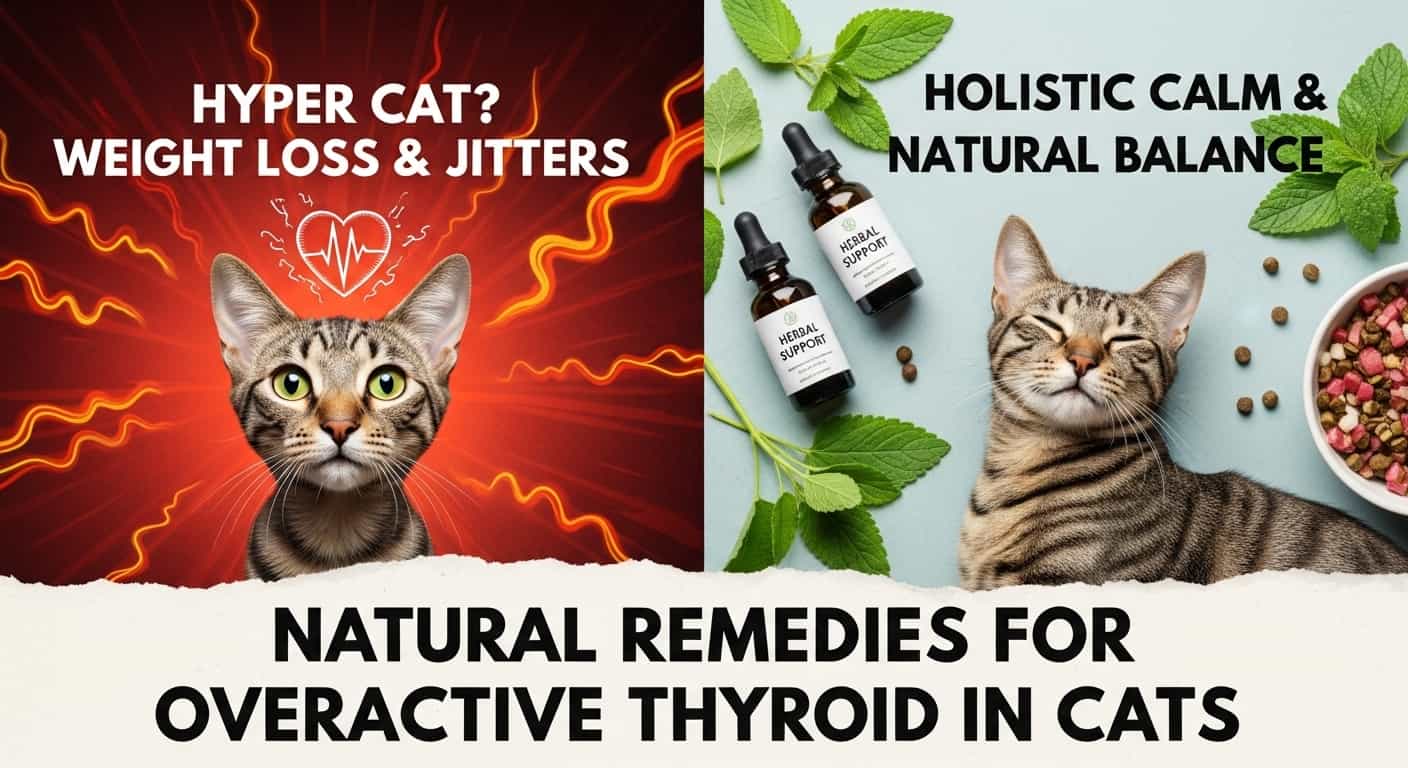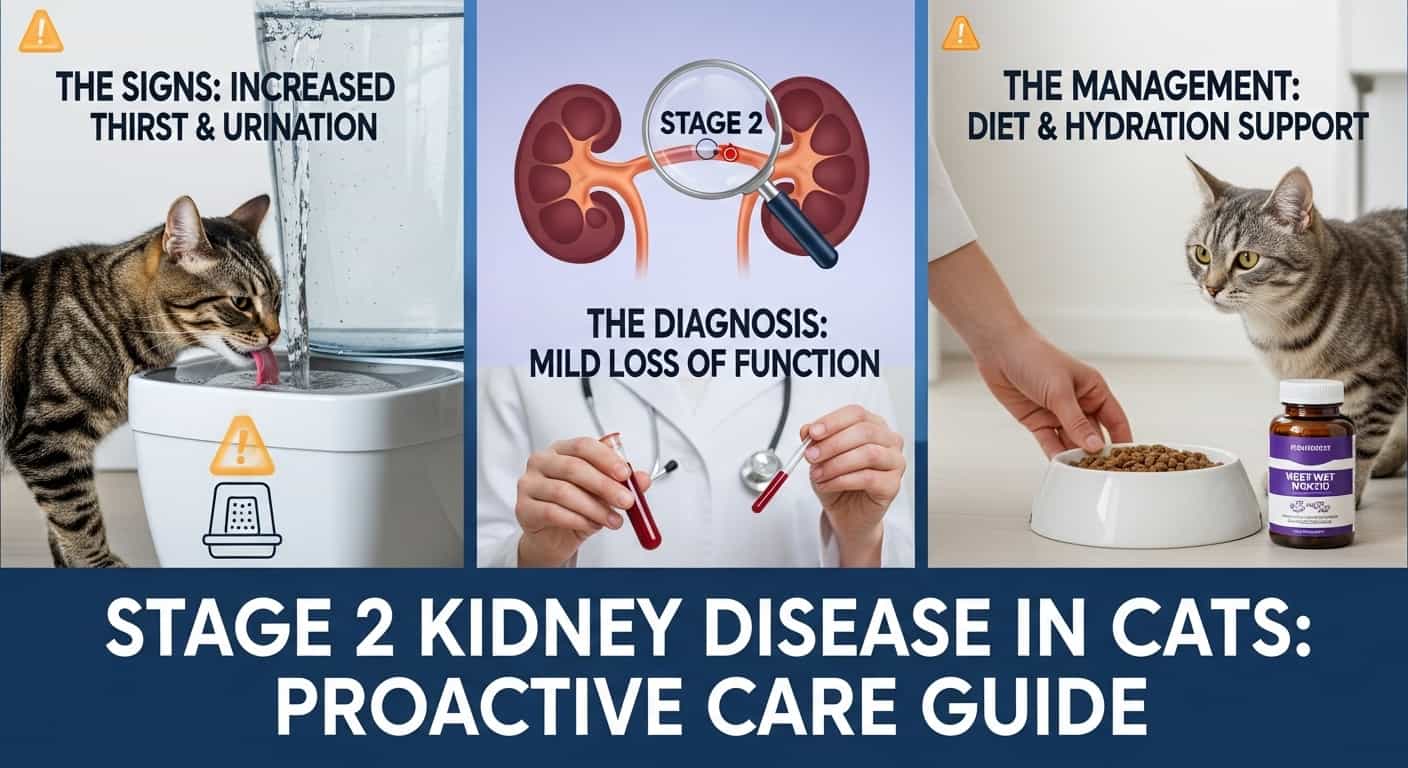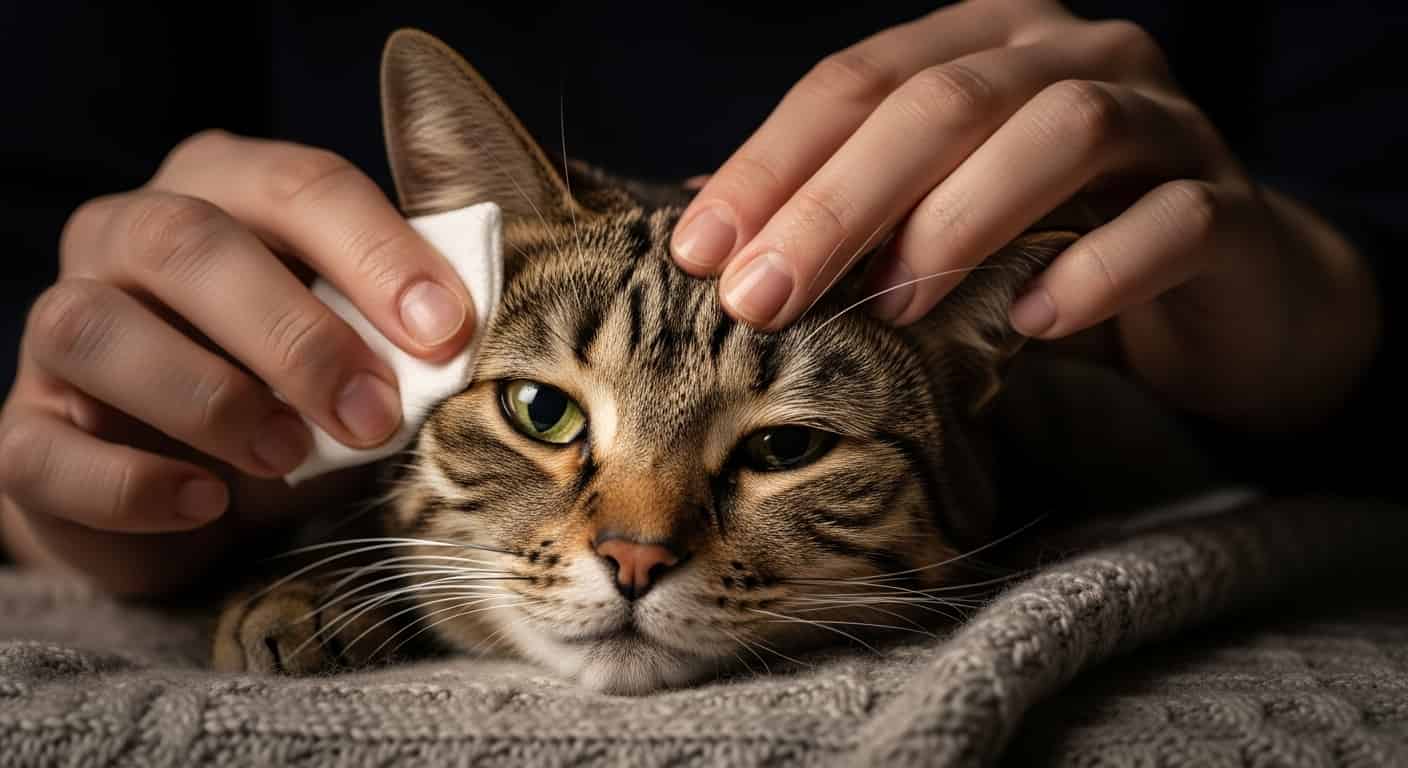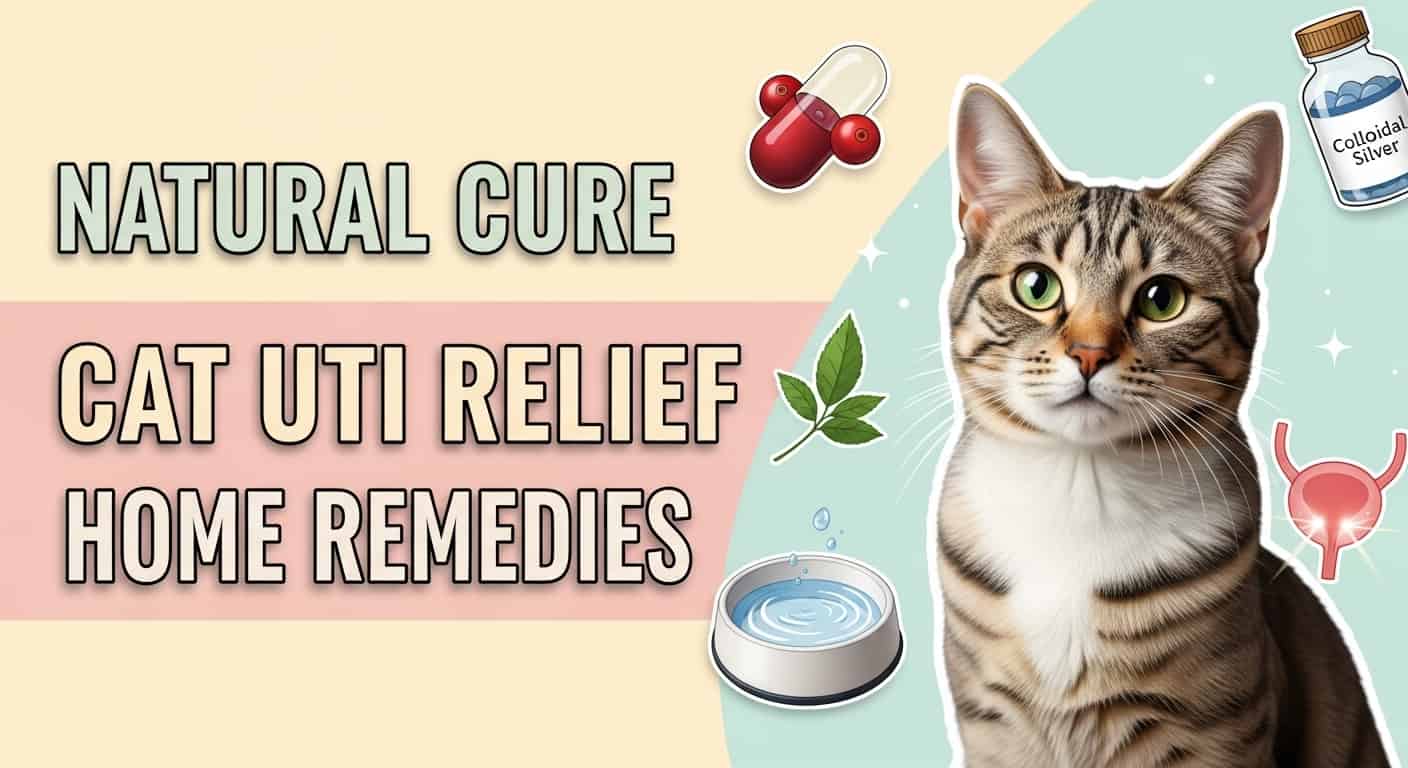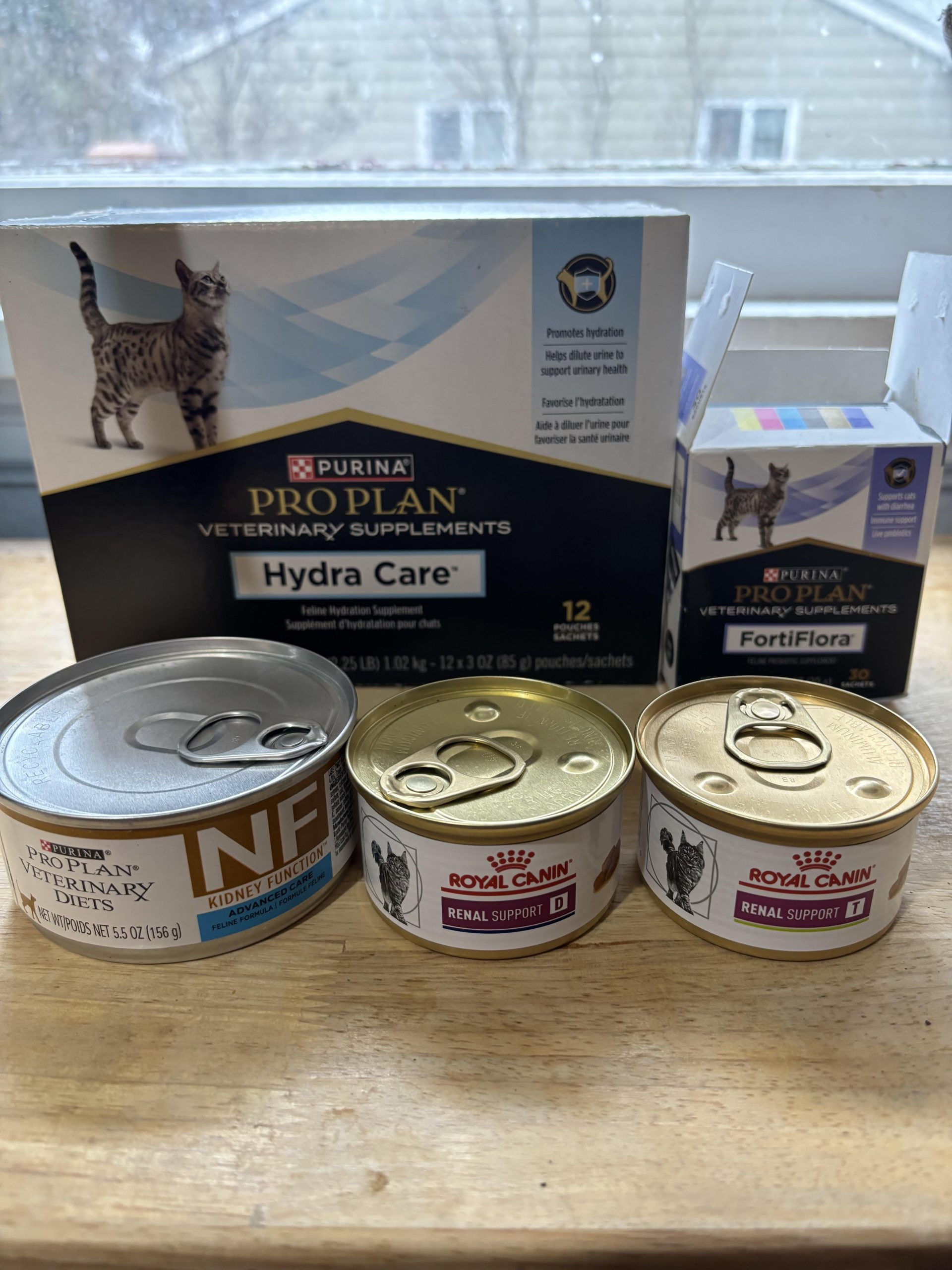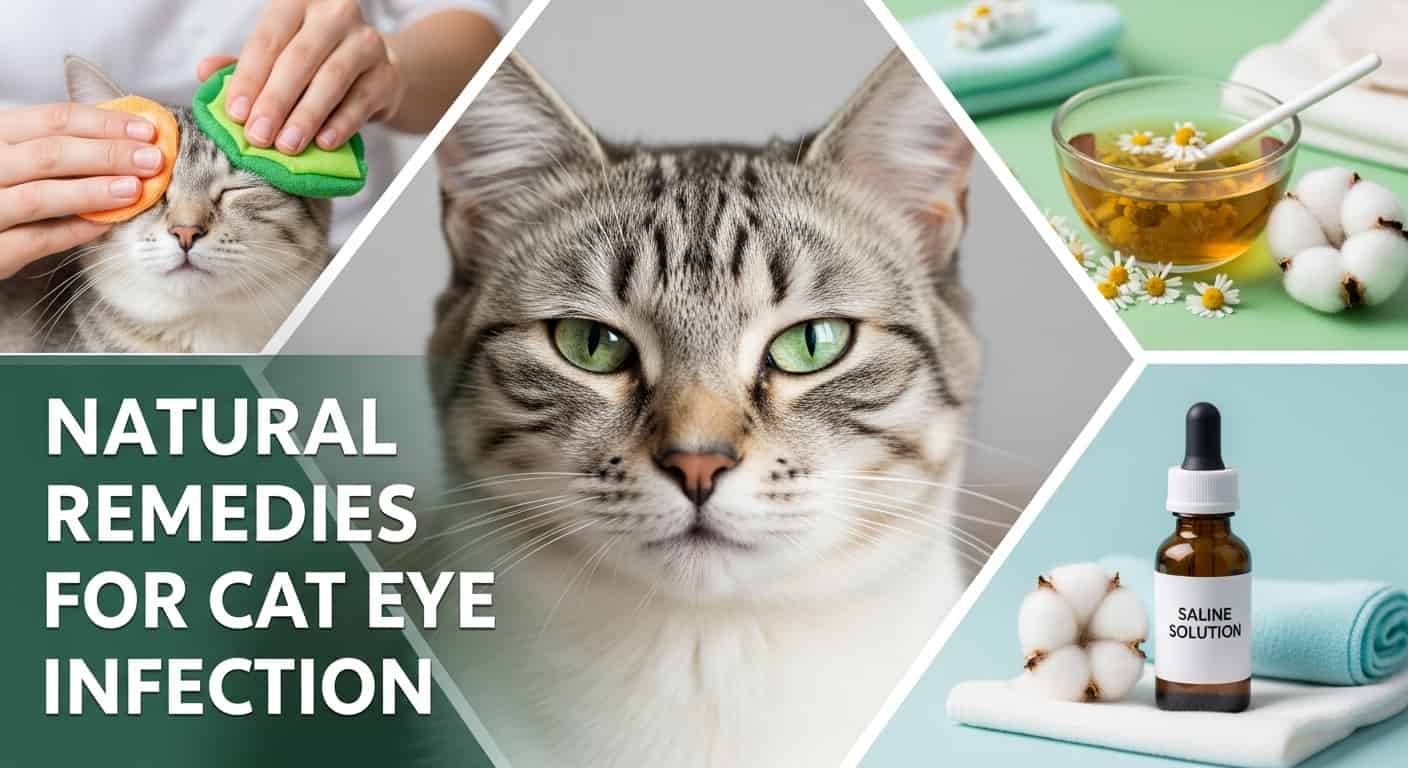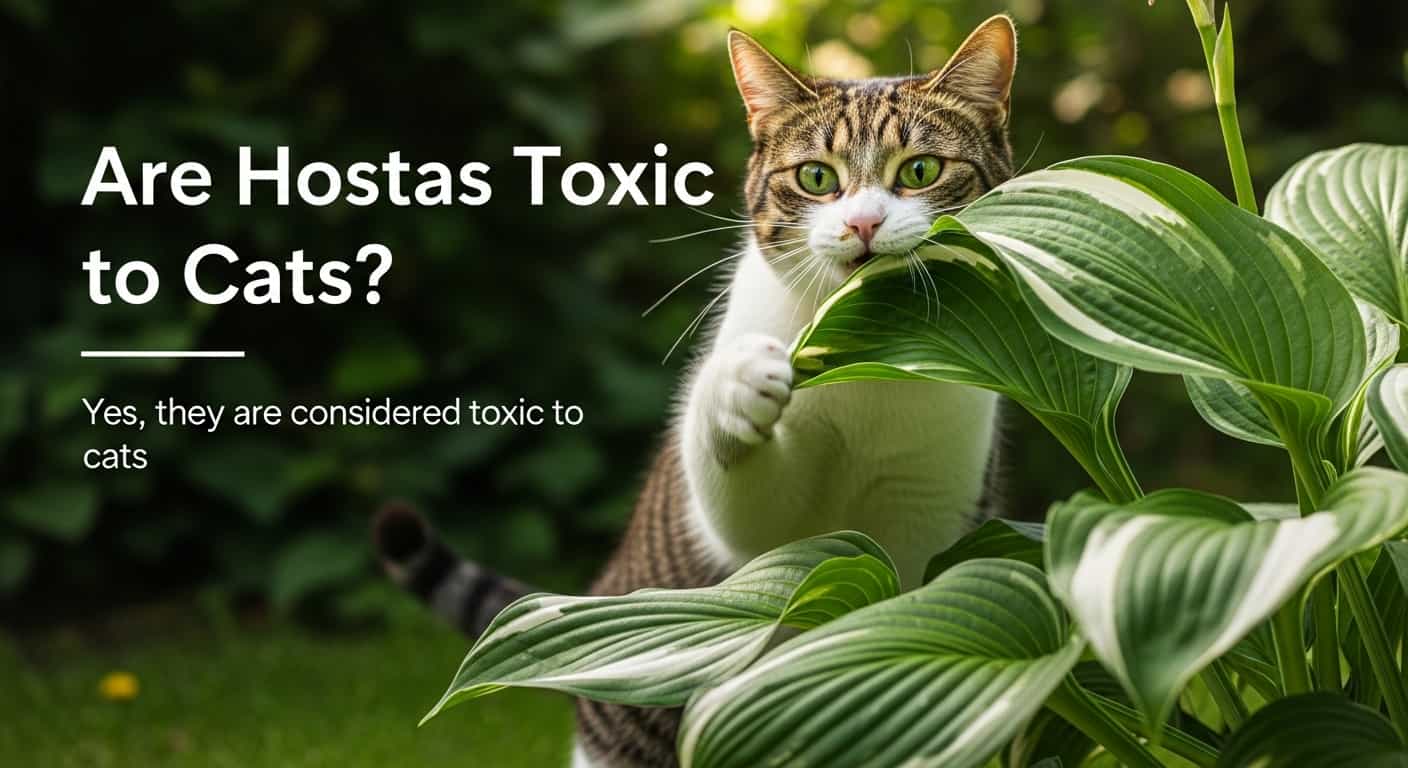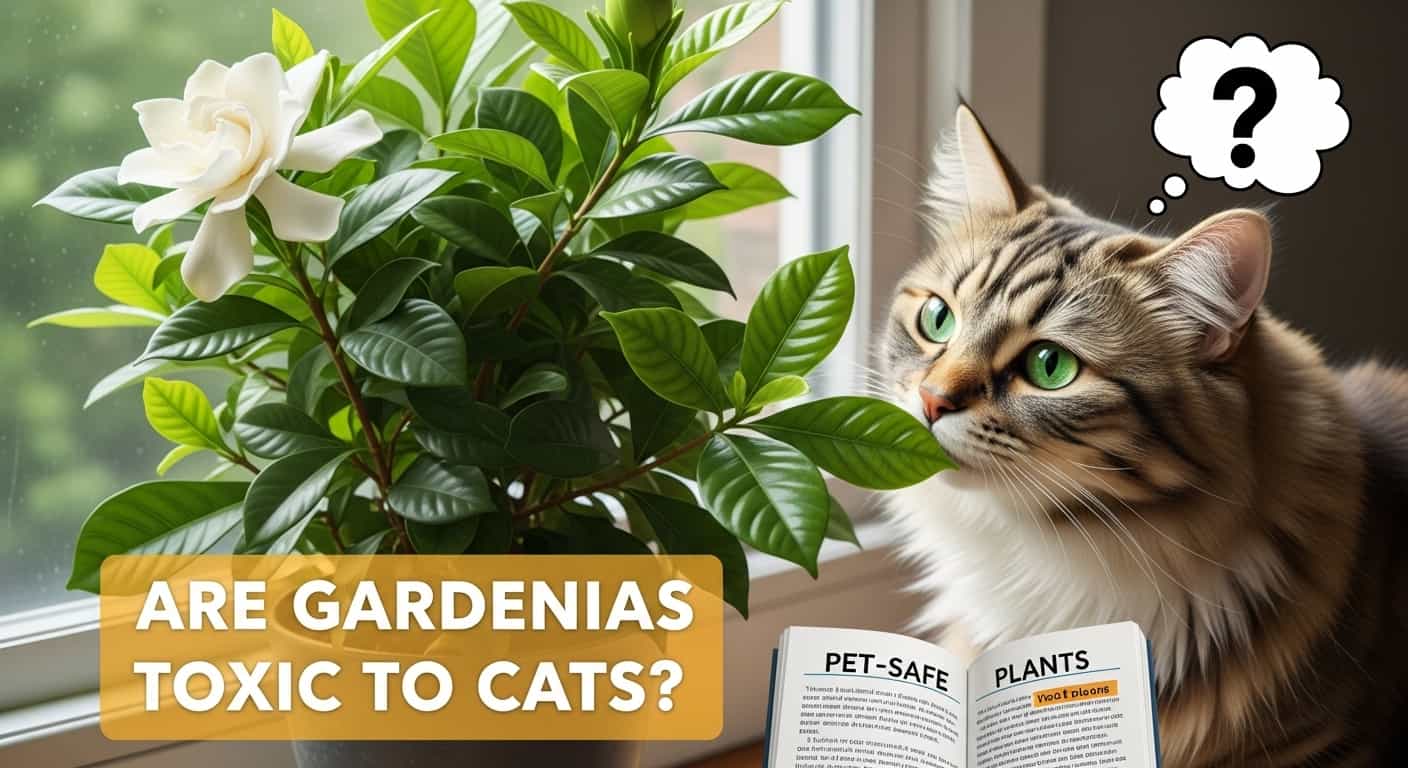When it comes to the health and happiness of your beloved feline friend, you want to make the best choices. One of the most important decisions you’ll face is whether to vaccinate your cat.
Table of Contents
ToggleVaccinations are a crucial part of preventive healthcare, but you might have questions or concerns about their necessity and safety. You’re not alone in wondering about this. Many cat owners share the same thoughts and worries. We’ll explore the benefits, risks, and essential information you need to make an informed decision.
By the end, you’ll feel confident in choosing what’s best for your furry companion. So, let’s dive into everything you need to know about vaccinating your cat!
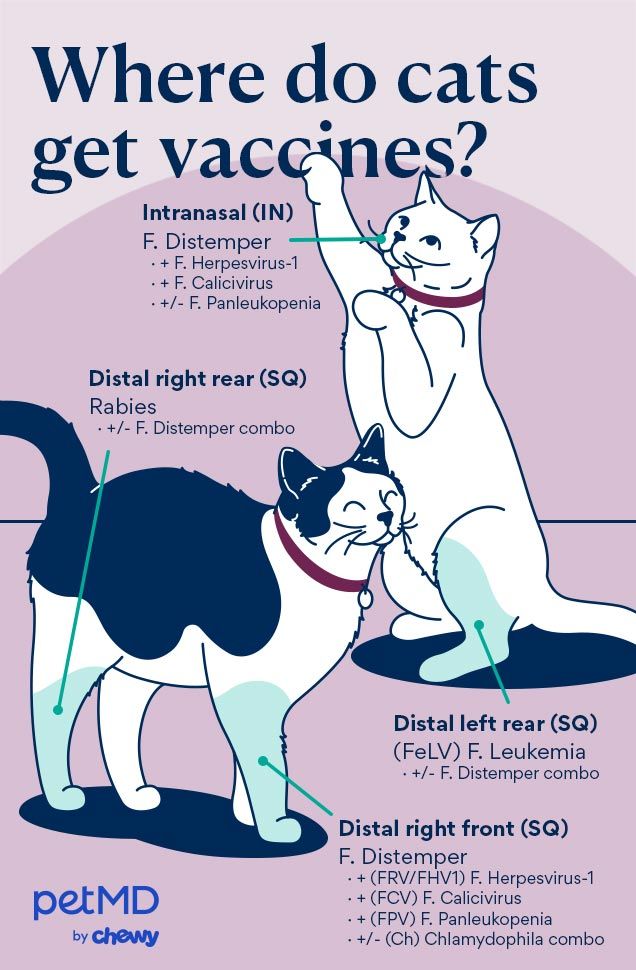
Credit: www.petmd.com
Importance Of Vaccinating Cats
Vaccinating your cat protects it from dangerous diseases. It ensures a healthy and long life for your pet. Vaccines also help prevent the spread of illnesses to other animals.
Vaccinating your cat is one of the most crucial steps you can take to ensure their health and well-being. It’s not just about adhering to veterinary advice, but about protecting your furry friend from harmful diseases. Let’s delve into why vaccinating your cat is so important and how it impacts their life.Protection Against Diseases
Vaccines are your cat’s shield against a range of life-threatening diseases. Cats are vulnerable to illnesses like feline leukemia and rabies. Vaccinating them significantly reduces the risk of contracting these diseases. Consider how easy it is for your cat to come into contact with these diseases. Even indoor cats can be exposed through open windows or during a visit to the vet. Vaccination creates a safety net, ensuring they remain healthy despite potential exposures.Community Health Benefits
Your decision to vaccinate doesn’t just protect your cat; it safeguards the entire community. Cats interact with each other, and unvaccinated cats can become carriers of diseases. By vaccinating your cat, you’re contributing to a healthier environment for all animals. Think about the impact on local wildlife and stray animals. Ensuring your cat is vaccinated helps break the chain of disease transmission, leading to fewer outbreaks. It’s a small step with a big impact on your neighborhood’s pet population.Here's a related post that you might find useful. What Vaccines Do Indoor Cats Need: Essential Guide
Long-term Cost Savings
Investing in vaccines might seem like an upfront cost, but it saves you money in the long run. Treating a sick cat can be expensive and emotionally draining. Vaccines prevent the need for costly treatments by keeping your cat healthy. Imagine the peace of mind you’ll have knowing your cat is less likely to fall ill. Regular vaccinations mean fewer vet visits and more time enjoying your cat’s company. It’s a proactive approach that pays off in their well-being and your financial health.Peace Of Mind For Pet Owners
Vaccinating your cat provides you with peace of mind. You won’t have to worry as much about them catching diseases from other animals. Knowing you’ve taken an essential step in their care is a relief. Think about the reassurance you get when you know your cat is safe. It allows you to focus on enjoying your time with them without the constant fear of illness. This peace of mind is invaluable and enhances your bond with your pet. Have you considered how your actions today shape your cat’s future? Vaccination is an essential part of responsible pet ownership, ensuring a longer, healthier life for your feline friend.Common Cat Vaccines
Vaccinating your cat is an essential part of pet care. It keeps your cat healthy and prevents diseases. You might wonder which vaccines are necessary. Let’s explore common cat vaccines to understand better.
Core Vaccines
Core vaccines are crucial for your cat’s health. They protect against severe diseases. Feline Distemper is one of them. It is highly contagious and can be deadly. Another core vaccine is for Rabies. Rabies affects the nervous system. It is fatal if untreated. Vaccinating against Rabies is often required by law.
Feline Herpesvirus and Calicivirus vaccines are also core. These viruses cause respiratory infections. They can lead to severe illness. Vaccination prevents these diseases effectively. Ensure your cat receives these core vaccines.
Here's a related post that you might find useful. Do House Cats Need to Be Vaccinated: Essential Guide
Non-core Vaccines
Non-core vaccines depend on your cat’s lifestyle. They protect against less common diseases. One example is the vaccine for Feline Leukemia Virus (FeLV). FeLV affects the immune system. It spreads through saliva and close contact. Cats that go outdoors should get this vaccine.
Bordetella vaccine is another non-core option. Bordetella causes respiratory issues. It spreads in environments with many cats. Consider this vaccine if your cat stays in boarding facilities. Discuss non-core vaccines with your vet. They can help decide what your cat needs.
Benefits Of Cat Vaccination
Vaccinating your cat is crucial for their health and safety. It protects them from various diseases. Keeping your cat healthy means fewer trips to the vet. This saves you money. Vaccinations also keep your cat happy and active. Let’s explore how vaccinations benefit your cat.
Disease Prevention
Vaccines shield cats from harmful diseases. Rabies is a deadly threat. Vaccines prevent it. Feline leukemia weakens cats. Vaccination stops its spread. Cats can catch distemper easily. Vaccines protect them from this illness. Regular vaccines build strong immunity. This means your cat stays healthier.
Community Health
Vaccinating your cat helps the community. It reduces disease spread. Healthy cats mean safer neighborhoods. Vaccinated cats don’t transmit rabies. This protects other animals. Vaccines prevent outbreaks among pets. A vaccinated cat is a responsible pet. Keeping community health in check is vital.
Potential Risks Of Vaccination
Vaccinating your cat is important for health protection. But like any medical procedure, it carries some risks. Understanding these risks helps you make informed choices. Vaccines aim to protect cats from diseases. Yet, some cats may experience side effects. Let’s explore these potential risks.
Side Effects
Side effects from vaccines are usually mild and temporary. Common reactions include slight fever, tiredness, or reduced appetite. Some cats may have swelling at the injection site. These symptoms often resolve in a day or two. Monitoring your cat after vaccination is crucial.
Allergic Reactions
Allergic reactions to vaccines are rare but can occur. These reactions may include itching, hives, or facial swelling. Severe reactions might cause breathing difficulties. If you notice these signs, contact your vet immediately. Quick action can prevent serious complications.
Frequency Of Vaccination
As a cat owner, you might be wondering about the frequency of vaccinations for your feline friend. It’s a question many ponder, weighing the benefits against the possible stress for their pet. Vaccinations play a crucial role in keeping your cat healthy and safe from various diseases. Understanding the right schedule can make all the difference in your cat’s well-being.
Kitten Vaccination Schedule
Kittens require vaccinations early in life to build their immune system. Typically, they begin receiving vaccines at around 6 to 8 weeks of age. Your vet will likely recommend a series of shots at this stage. These shots are crucial as they protect against diseases like feline distemper and feline herpesvirus.
Think of it as setting up a strong foundation for your kitten’s health. You’ll visit the vet every few weeks until your kitten reaches 16 weeks. It may seem like a lot, but this early commitment ensures long-term wellness.
Adult Cat Booster Shots
Once your cat grows up, the vaccination schedule changes. Adult cats generally require booster shots to maintain their immunity. These boosters are usually given annually or every three years, depending on the vaccine and your vet’s advice.
Have you ever thought about how annual vet visits can be a bonding time for you and your cat? It’s true. You ensure their health while also observing their development. Consider it an investment in their safety and longevity.
Have you ever skipped a booster shot, thinking it might not be necessary? It’s important to reconsider. Skipping boosters can leave your cat vulnerable to diseases they’ve been previously protected against. Each booster is a vital part of their health maintenance.
Reflect on your cat’s vaccination schedule. Is it up-to-date? Regular vaccinations are not just about following a routine; they’re about ensuring your cat enjoys a healthy life. Are you ready to take action and keep your feline friend safe?
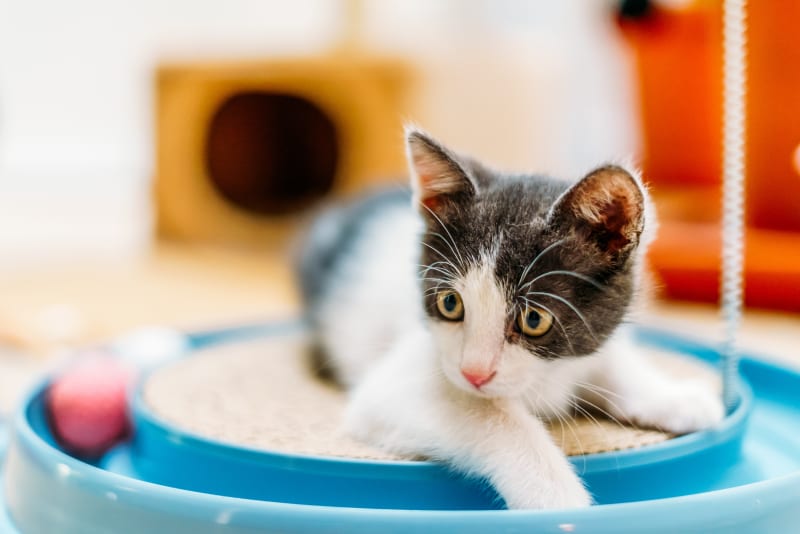
Credit: www.springhouseanimalhospital.com
Cost Of Cat Vaccination
Understanding the cost of cat vaccination is crucial for pet owners. Vaccinating your cat is essential for their health. It prevents diseases and ensures their safety. But, what does it cost? Let’s break it down.
Initial Vaccination Costs
The initial vaccination cost varies based on location and clinic. Typically, it includes the core vaccines. These protect against rabies, feline distemper, and calicivirus. Prices may range from $50 to $100 per visit. Some clinics offer packages. These might include multiple vaccines for a set price. Always ask about any hidden fees. This helps avoid surprises.
Long-term Savings
Investing in vaccines can save money in the long run. Treating diseases like rabies can be costly. Vaccines prevent these diseases, reducing future medical bills. Healthy cats require fewer vet visits. This means less spending on treatments. Regular vaccinations also boost your cat’s immune system. A strong immune system keeps them healthy and active. Overall, vaccinations are a wise financial choice.
Consulting A Veterinarian
Consulting a veterinarian helps determine if your cat needs vaccinations. Protecting your pet from diseases is crucial. Vaccines safeguard against common feline illnesses.
When you’re considering whether to vaccinate your cat, consulting a veterinarian is crucial. Your vet is your go-to expert for all things related to your pet’s health. They can provide guidance tailored to your cat’s specific needs and lifestyle.Personalized Vaccination Plans
Every cat is unique, and so are their health needs. A one-size-fits-all approach doesn’t work well when it comes to vaccinations. Your vet can create a personalized vaccination plan that considers your cat’s age, breed, and health history. For instance, an indoor cat might require different vaccines compared to one that roams outdoors. Your vet will assess factors like your cat’s risk of exposure to certain diseases and recommend the appropriate vaccines. This tailored approach ensures your cat gets just what they need—nothing more, nothing less.Addressing Concerns
Do you have worries about potential side effects or vaccine reactions? You’re not alone. Many pet owners hesitate because they fear adverse effects. Discussing these concerns with your veterinarian can bring peace of mind. They will explain the risks versus benefits and share real-life stories of other pets they’ve treated. You might discover that the risk of serious side effects is low compared to the protection vaccines offer. Imagine hearing a reassuring story from your vet about a cat they treated who contracted a preventable disease because they weren’t vaccinated. Such insights can be eye-opening and may influence your decision. Your vet is there to answer all your questions, no matter how small they might seem. So, what’s stopping you from asking those burning questions at your next vet visit? Remember, a well-informed decision is a responsible one.
Credit: www.smithanimalhospitalga.com
Alternative Health Measures
Vaccinating cats is a common health measure to prevent diseases like rabies and feline leukemia. Some pet owners explore alternatives like herbal remedies or homeopathy, considering potential side effects and personal beliefs. Understanding both traditional and alternative options helps make informed decisions about your cat’s health.
When considering whether to vaccinate your cat, you may wonder about alternative health measures. While vaccinations are a traditional method to protect your feline friend, exploring other health approaches can offer additional benefits. These alternatives can enhance your cat’s well-being and complement conventional veterinary care.Holistic Approaches
Holistic health focuses on treating the whole cat, not just specific symptoms. It’s about balance, and this can be achieved through various methods. For instance, acupuncture is gaining popularity among pet owners for its potential to relieve pain and boost immune function. Homeopathy is another option that some cat owners swear by. It involves using natural substances in very small amounts to support the body’s healing process. Remember to consult a holistic veterinarian before trying new treatments to ensure they are safe for your cat.Diet And Lifestyle
What your cat eats can significantly impact their health. A nutritious diet can strengthen their immune system and reduce the likelihood of illness. Consider incorporating a mix of high-quality proteins, fats, and carbohydrates into your cat’s meals. A raw food diet is another option, though it’s essential to research and prepare it carefully to avoid nutritional imbalances. Lifestyle also plays a crucial role in your cat’s health. Regular playtime and mental stimulation keep your cat happy and reduce stress. Stress can weaken their immune system, making them more susceptible to diseases. Have you considered the quality of water your cat drinks? Fresh, clean water is vital. You might think about using a water fountain to encourage your cat to drink more, promoting better hydration and overall health. Alternative health measures can offer additional layers of care for your cat. Have you tried any of these approaches with your pet? Consider what might work best for you and your furry companion.Frequently Asked Questions
Why Should I Vaccinate My Cat?
Vaccinating your cat protects against serious diseases. It boosts their immune system and prevents the spread of infections. Vaccines are crucial for your cat’s long-term health. Regular vaccinations can also save on future veterinary costs. Always consult your vet for the best vaccination schedule.
What Diseases Do Cat Vaccines Prevent?
Cat vaccines protect against several diseases. Common ones include feline distemper, calicivirus, and rabies. Vaccines also prevent feline leukemia and feline viral rhinotracheitis. These diseases can be severe and even fatal. Vaccination ensures your cat stays healthy and disease-free.
How Often Should Cats Be Vaccinated?
Cats typically need vaccinations annually. Kittens receive their first vaccines at 6-8 weeks old. Booster shots are necessary for continued protection. The frequency can vary based on the vaccine type and your vet’s advice. Always follow your vet’s recommended vaccination schedule.
Are Cat Vaccines Safe?
Yes, cat vaccines are generally safe. They undergo rigorous testing before approval. Side effects are usually mild, like slight fever or lethargy. Serious side effects are rare. Vaccination benefits far outweigh the risks. Always discuss any concerns with your veterinarian.
Conclusion
Deciding to vaccinate your cat is crucial for their health. Vaccines prevent serious diseases. They also protect your cat and others. Always consult your vet for advice. They understand your cat’s needs best. Vaccination schedules can vary. It’s important to follow them.
This keeps your cat safe and healthy. Regular check-ups are vital too. They help catch any health issues early. Remember, a healthy cat is a happy cat. Your furry friend relies on you. Make informed choices for their well-being. Your cat’s health is in your hands.

